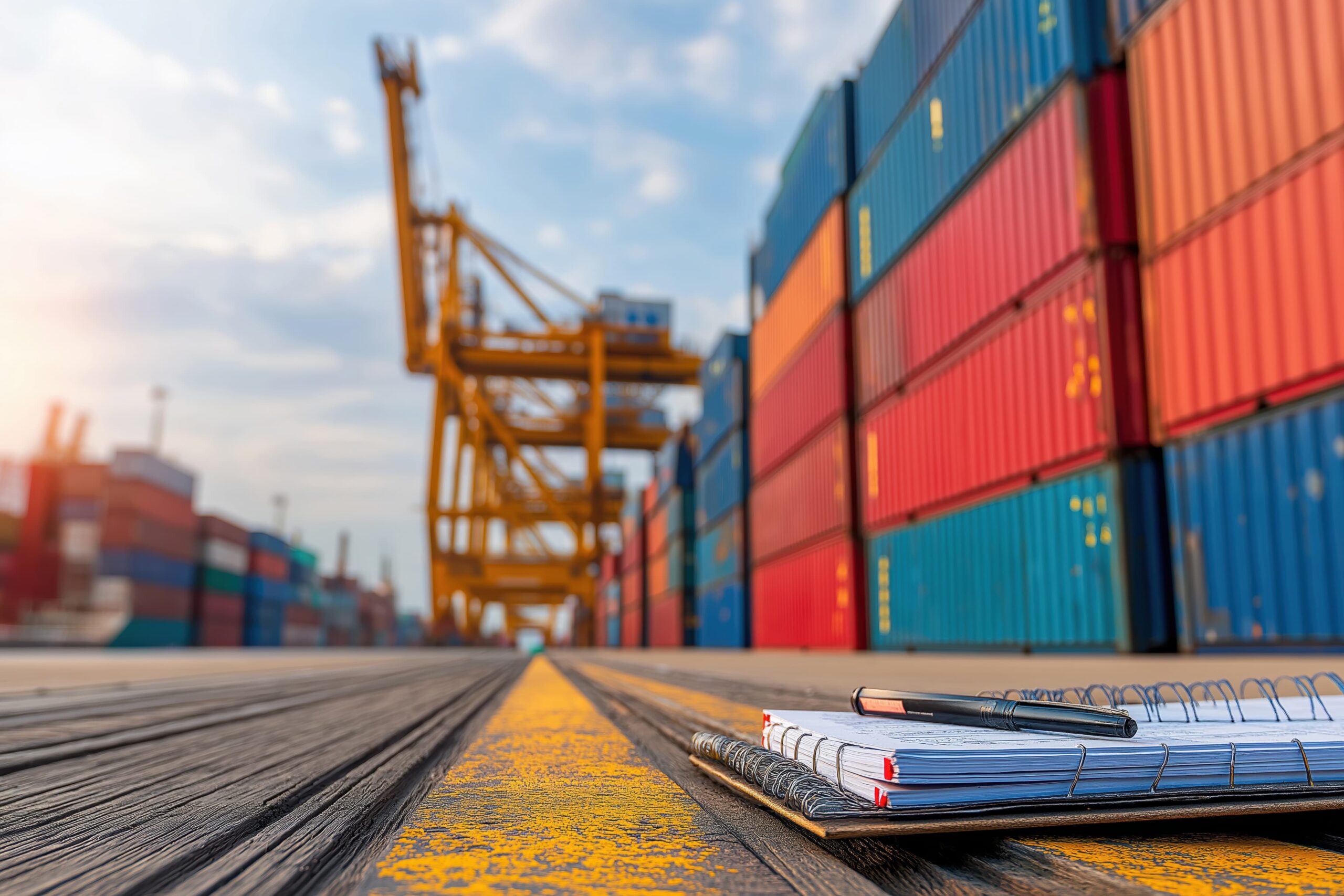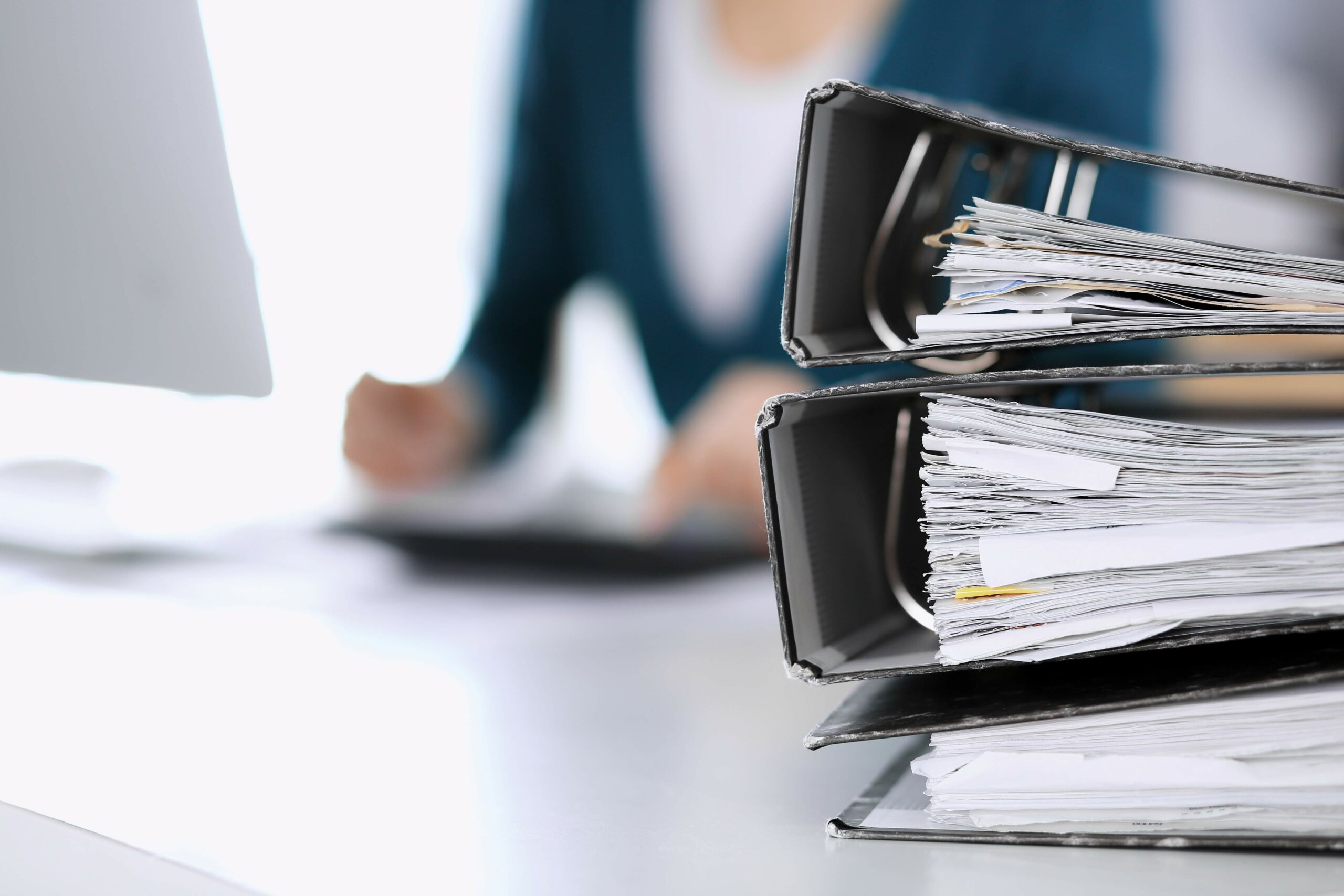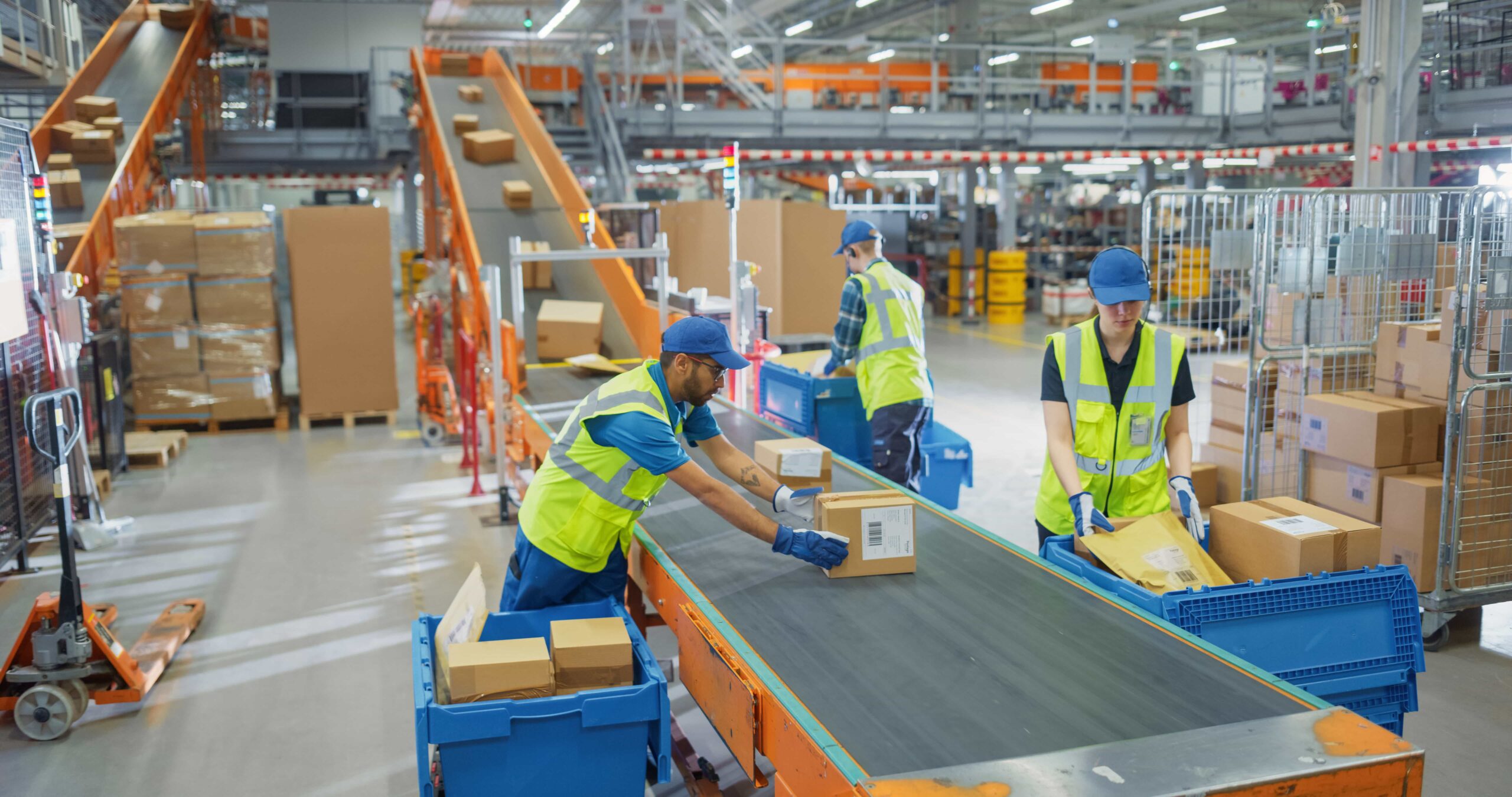
Supply & Install Contracts in Norway – VAT, Customs & Compliance Guide
Navigating VAT and customs rules in Norway can be tricky for foreign businesses taking on supply & install contracts. This article breaks down exactly what you need to know: from who should be the importer of record, to how to structure contracts to separate goods and services, and the latest administrative practices that can impact VAT deductions. Gain the insights that help you stay compliant, optimise VAT treatment, and avoid costly surprises.
Summary
- Foreign businesses making supplies under supply and install contracts with physical work in Norway are generally liable for Norwegian VAT on the entire contract value, and must act as importer of record to deduct import VAT.
- Contracts can be split between supply of goods and installation services, but this requires separate contracts and payment schedules; otherwise, the tax authorities may treat them as a single supply and install contract.
- In order to deduct input VAT, it is essential that the correct entity is named as the importer of record when importing goods to Norway.
- Contract structuring and compliance with Norwegian VAT requirements are essential to optimize VAT treatment and avoid potential liabilities. Foreign businesses engaging in supply and install contracts in Norway must carefully assess the structure and wording of their contracts to determine VAT obligations.
Introduction
Foreign businesses that enter into a supply and install contract and perform any physical work in Norway may be liable for Norwegian VAT on the entire contract value (see Skatteetaten’s guidance for foregin businesses). Understanding the criteria and administrative practices is essential to ensure compliance and optimize VAT treatment.
Definition and Characteristics of Supply and Install Contracts
Supply and install contracts typically include one or more of the following elements:
- The supply of goods and installation services regulated by a single contract under one payment plan covering both goods and services.
- Final testing conducted in Norway
- Takeover of the contract object occurs after installation in Norway (Take-Over certificate), with the final milestone payment made upon completion
The agreed Incoterm between the parties can be an indicator, however the deciding factor for the VAT assessment will be the actual circumstances and physical work performed in Norway. Which entity has the legal ownership to the goods while in Norway and insurance of the goods will be other indicators.
Read more: Brækhus Nominated for «Indirect Tax Firm of the Year» by ITR EMEA Tax Awards
Split Contracts
It is possible to split the delivery into two separate contracts:
- one for the supply of goods, and
- one for the supply of installation services.
The supplies will be considered separate if installation is not a condition for the final delivery of goods in Norway. The Norwegian tax authorities have stated that it is essential that the supplies are regulated in two separate contracts, with independent payment schedules.
As a consequence, the seller will only be required to calculate and report VAT for the services performed in Norway. For the goods delivered, the buyer can calculate, report, and deduct the import VAT.
Based on administrative practice, the tax authorities set a low threshold for considering a contract as a single supply and install contract rather than two separate contracts. Therefore, it is essential to carefully review the contract wording before determining the VAT treatment.
Importer of Record and VAT Deduction
According to court and administrative practice in Norway, the seller must calculate and report Norwegian VAT on the entire contract sum (covering both goods and services), act as the importer of record, and report import VAT. The foreign contractor will then be entitled to deduct import VAT. The question of who may act as importer and deduct import VAT has been somewhat liberalised in recent administrative practice, see below, but the facts of each case must be carefully considered.
Recent administrative practice in Norway
In SKNS1-2023-39, the Norwegian Tax Appeal Board issued a decision granting a taxpayer the right to deduct import VAT, even though the foreign seller installed goods in Norway under the same contract and the final delivery and takeover of the contract object took place after installation in Norway. Legal title to the goods was passing progressively, and the legal title passed from the foreign seller to the buyer before import.
The Tax Appeal Board stated that there is no specific provision in the VAT Act regulating the deduction of import VAT; therefore, it is necessary to interpret the general provision for VAT deduction. The criterion for deducting input VAT is that it must be relevant and have a close and natural connection to the VATable business in Norway. The Tax Appeal Board concluded that the connection requirement was fulfilled for the Norwegian buyer. Even though the imported goods were also intended for use in the seller’s business (as part of the installation), this did not mean that the connection requirement was not fulfilled for the Norwegian buyer. It is not a formal requirement under the Norwegian VAT Act that the importer must be the legal owner of the goods in order to deduct import VAT.
Read more: Brækhus’ expertise in tax and VAT
Do you have any questions about VAT or need assistance? Fill out the form or get in touch with us directly today.




